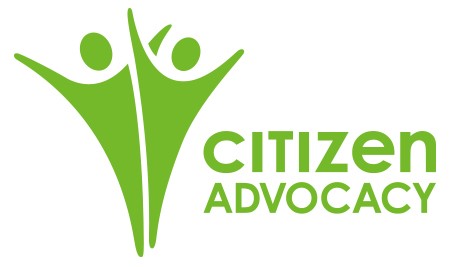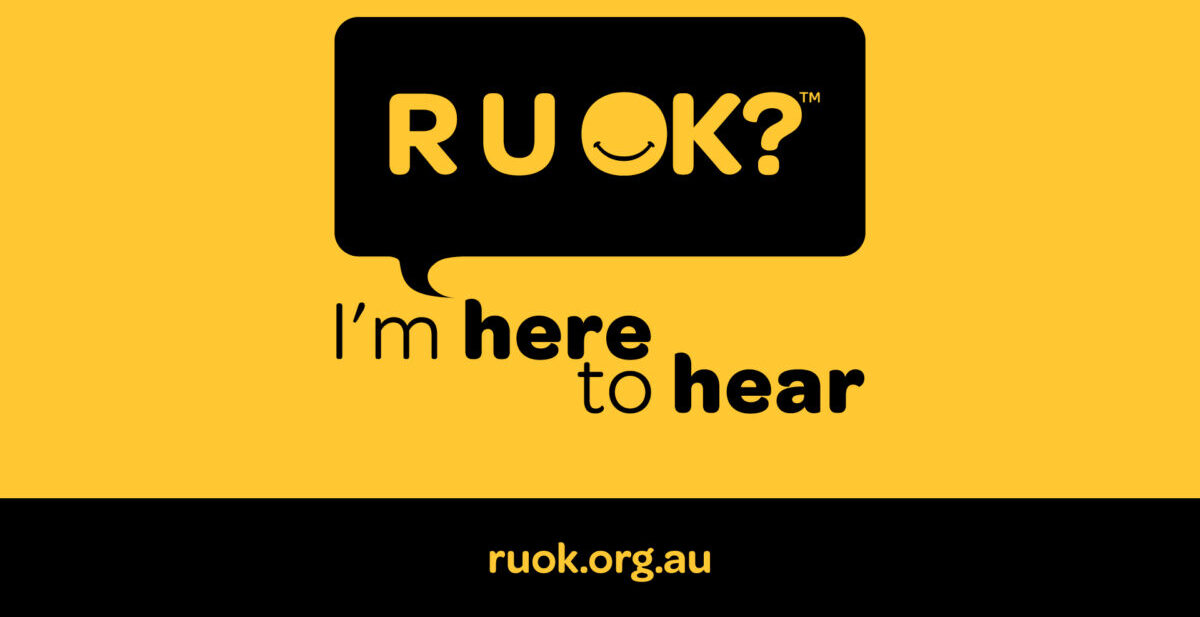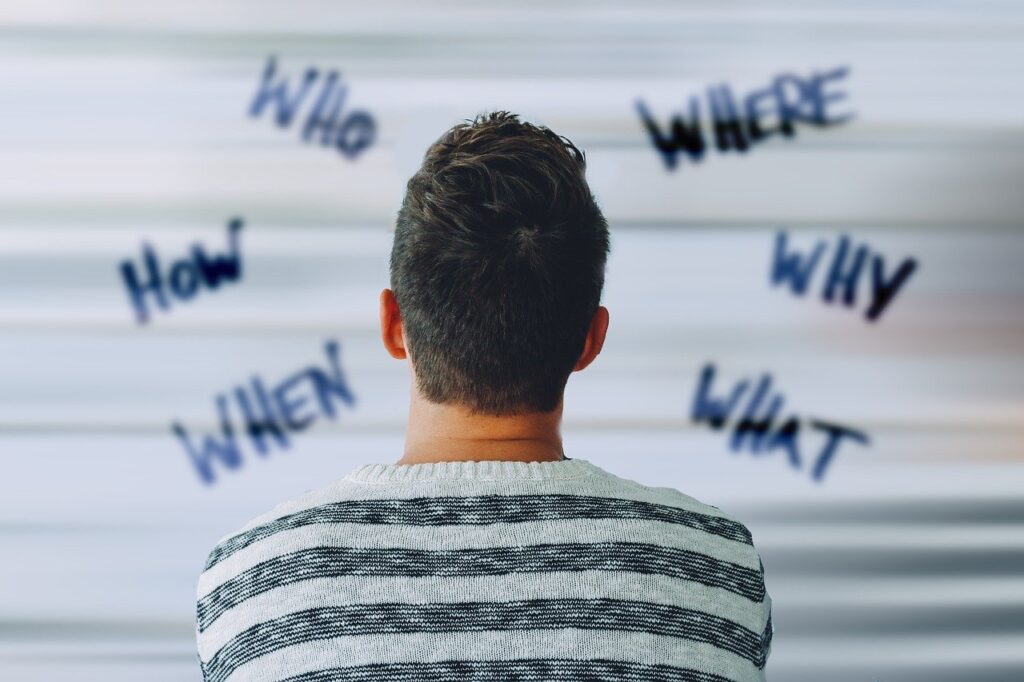Citizen Advocates and Mental Health for People with Intellectual Disability.
Today is R U OK? Day, a day dedicated to encouraging open conversations about mental health and well-being. In a world that increasingly emphasises the importance of social connections, the impact of isolation and loneliness on mental health is a topic that’s frequently discussed. However, there’s a subset of our population that faces unique challenges when it comes to social and community connections: individuals with intellectual disability.
It’s crucial to shine a light on the often-overlooked struggles these individuals face and the profound effects isolation can have on their mental well-being. Citizen advocates, however, are emerging as a positive force in bridging this gap and improving community connections for those with intellectual disability.
The Importance of Social Connections
For anyone, social connections are a vital aspect of well-being. Human beings are inherently social creatures and relationships with family, friends and the community provide emotional support, a sense of belonging and opportunities for personal growth. These connections contribute significantly to overall mental health and happiness.
The Isolation Dilemma
Individuals with intellectual disability often face greater challenges in forming and maintaining social connections. Social stigma, lack of understanding and communication difficulties can lead to exclusion, isolation and loneliness. These factors can create a cycle of isolation that exacerbates existing mental health challenges, including depression and anxiety.
The Mental Health Impact
The consequences of isolation on the mental health of individuals with intellectual disability cannot be overstated. Some of the significant effects include:
Depression: Prolonged isolation can lead to feelings of hopelessness and despair, contributing to clinical depression in many individuals.
Anxiety: The lack of social interaction can heighten feelings of anxiety and stress, which, when left unaddressed, can become debilitating.
Low Self-Esteem: Isolation often leads to diminished self-esteem and self-worth, further isolating individuals from opportunities for personal growth and development.
Behavioural Issues: Isolation can sometimes manifest in challenging behaviours as individuals struggle to communicate their needs or emotions effectively.
The Positive Role of Citizen Advocates
Citizen advocates are individuals who actively work to address the needs and concerns of people with intellectual disability. Their dedication and efforts contribute significantly to empowering individuals with intellectual disability to meaningfully connect with the community, reducing their isolation and enhancing their overall well-being.
Advocates also help by lending support and connecting those showing signs of distress or difficulty to mental health resources, long before they’re in crisis.
Conclusion
On R U OK? Day and everyday, it’s crucial to remember that individuals with intellectual disability face significant challenges related to social isolation and mental health. Citizen advocates are emerging as a positive force in bridging this gap and improving community connections for those with intellectual disability. By fostering inclusive communities and promoting open communication, citizen advocates are helping to break the cycle of isolation and improve the mental well-being of those who need it most.
Contact Citizen Advocacy on (08) 9445 9991 or email admin@capw.org.au to learn how you can become a citizen advocate and help ensure that everyone, regardless of their abilities, experience the power of connection.




